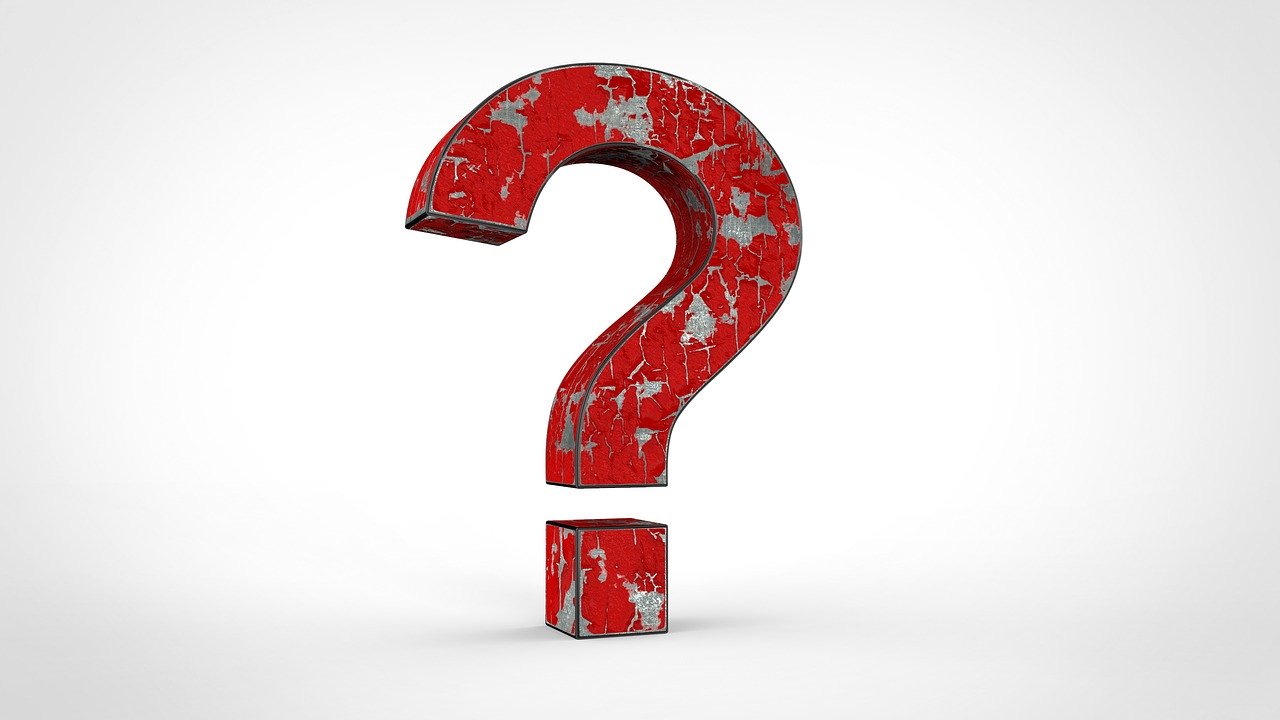What Goes into a Product Liability Lawsuit?
Posted October 13th, 2020 by Anthony Carbone.
Categories: Uncategorized.

When you purchase a product, you have reasonable expectations that it is safe to use. You also expect that the manufacturer will have provided necessary instructions or warnings if there is a potential danger. This relationship between a consumer and a product manufacturer or seller is defined in the state’s product liability law.
Manufacturers and sellers are required to ensure a product meets the ordinary expectation of a consumer. If you get injured due to a defective product, you can hold them responsible for your losses. A Union City Personal Injury Attorney can help you file a product liability lawsuit.
When Is a Product Defective?
A product is defective if it is found unfit for its intended use. This means that a product that should be safe to use is instead dangerous. Generally, a product could be defective if it has:
- Design defects – Think of a knife whose handle is facing the opposite direction. You could easily hold it wrongly and cut yourself. This is a design flaw.
- Manufacturing defects – If the manufacturer fails to produce a product as indicated by the designer, it can cause a manufacturing defect. Common examples include a wrongly assembled vehicle par or contaminated product.
- Marketing defects – These defects occur when a product is packaged and sold with improper warning labels or insufficient user instructions.
Proving Liability in a Product Liability Lawsuit
As the plaintiff, the burden of proof in a product liability case lies on you. You have to establish the following in court to receive a settlement:
- The product had a manufacturing, design, or marketing defect
- The defect caused your injury
- You incurred physical and monetary losses due to the product
- You were using the product as intended
Proving you were using the product as intended is crucial for your case. This is especially true in comparative negligence states where you could be assigned a percentage of the blame.
Legal Theories in a Product Liability Case
Product liability lawsuits are based on three legal theories. You need to assert at least one theory to be successful in court. However, it is advisable to base your case on at least two. The theories are:
- Negligence – You prove negligence by showing that the defendant owed you a reasonable duty of care but breached it. You must also prove that this breach caused you harm.
- Strict liability – In strict liability, you don’t have to prove negligence. It is assumed that your injuries from the defective product are evidence enough. However, you must show that the product was defective and caused you harm.
- Breach of warranty – These claims are covered under contract law. They involve proving that the defendant is in violation of an express or implied warranty.
Contact a Union City Personal Injury Attorney Today
If you sustain an injury due to a defective product, you can sue a negligent party who was part of the supply chain. This includes the manufacturer, retailer, wholesaler, or distributor. A Union City Personal Injury Attorney can help you determine the at-fault party.
At Anthony Carbone Law, we understand that product liability cases can be difficult to navigate. This is why we are dedicated to helping injury victims get the compensation they deserve.
Contact us today to discuss how to bring your product liability lawsuit under the theories of strict liability, negligence, or breach of warranty.
References
https://www.alllaw.com/personal-injury/what-goes-into-proving-a-product-liability-case.html
https://injury.findlaw.com/product-liability/what-is-product-liability.html


